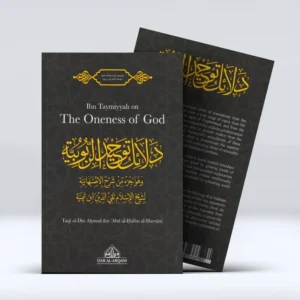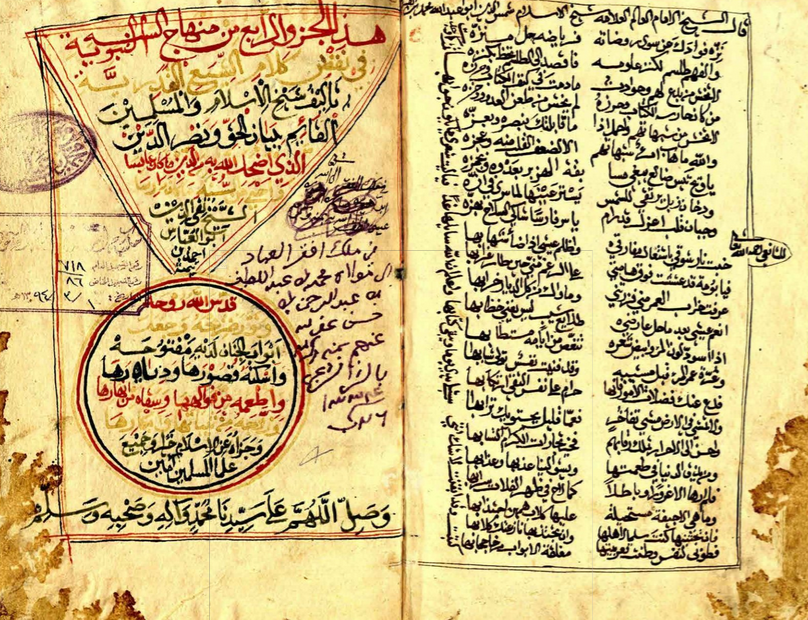Ibn Taymiyyah: The Scholar of Reform and Revival

Ibn Taymiyyah (1263–1328) was a prominent Islamic scholar, jurist, and theologian of the Hanbali school, known for his emphasis on returning to the Quran and Sunnah. His ideas on theology, law, and governance have left a lasting impact on Islamic thought. Born in Harran (modern-day Turkey), Ibn Taymiyyah and his family fled to Damascus due to the Mongol invasions. There, he studied under leading scholars, excelling in various Islamic sciences, including jurisprudence (fiqh), Hadith, and theology. His sharp intellect and deep knowledge made him a respected, yet controversial, figure.
Teachings and Contributions
Ibn Taymiyyah was a highly influential Islamic scholar whose teachings focused on religious reform, jurisprudence, and theology. His ideas continue to shape Islamic thought and jurisprudence. Below are some of his key contributions:
Emphasis on Tawhid (Monotheism) : Ibn Taymiyyah strongly emphasized the concept of tawhid (oneness of God). He rejected practices that he believed led to shirk (associating partners with God), such as the excessive veneration of saints, shrine worship, and intercession through religious figures.

Rejection of Religious Innovations (Bid‘ah) : He was a strong advocate for returning to the Quran and Sunnah, opposing religious innovations (bid‘ah). He criticized certain Sufi practices and philosophical interpretations of Islam that he saw as deviating from the pure teachings of the Prophet Muhammad.
Reform in Islamic Jurisprudence (Fiqh) : Ibn Taymiyyah followed the Hanbali school of law but was known for his independent reasoning (ijtihad).

Imprisonment
Due to his bold views, Ibn Taymiyyah frequently clashed with religious and political authorities. He was imprisoned multiple times for his controversial opinions, including his stance on theological issues and his opposition to visiting the graves of saints. Despite these hardships, he continued writing, producing a vast body of work that remains influential today. He passed away in 1328 while imprisoned in Damascus.
Legacy
Ibn Taymiyyah’s influence extends across Islamic jurisprudence, theology, and reformist thought. His strict emphasis on tawhid led him to oppose practices he viewed as religious innovations, shaping later movements like Salafism and Wahhabism. His legal and political writings, particularly on governance and jihad, have been referenced by scholars and movements advocating Islamic reform. He was also a strong critic of philosophical interpretations of Islam and certain Sufi practices, leading to both admiration and controversy. Despite facing opposition and imprisonment, his works remain foundational in Islamic thought, continuing to inspire debate and scholarship across the Muslim world.

Conclusion
Ibn Taymiyyah was a pivotal figure in Islamic history, whose teachings on theology, jurisprudence, and governance continue to influence religious thought and reform movements. His unwavering commitment to tawhid and rejection of bid‘ah shaped later Islamic ideologies, while his legal and political writings left a lasting impact on governance and resistance to unjust rule. Though controversial, his works remain widely studied and debated, reflecting his enduring significance in Islamic scholarship. Whether viewed as a reformer or a rigid traditionalist, his legacy remains deeply embedded in the discourse of Islamic law and theology.


